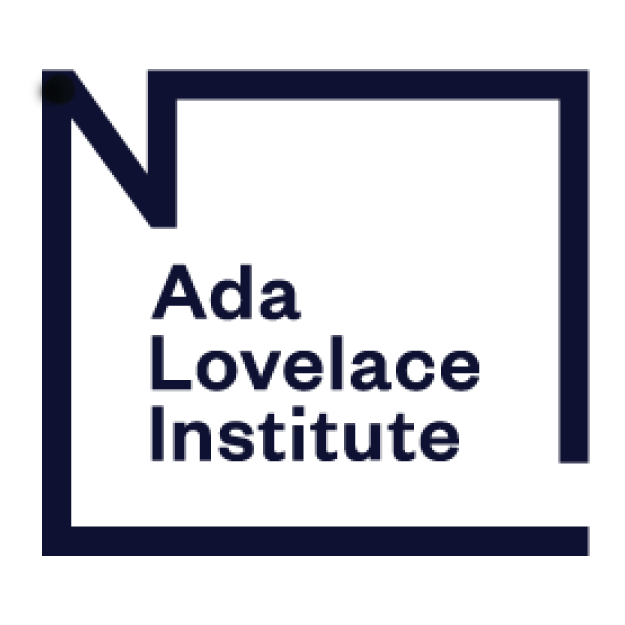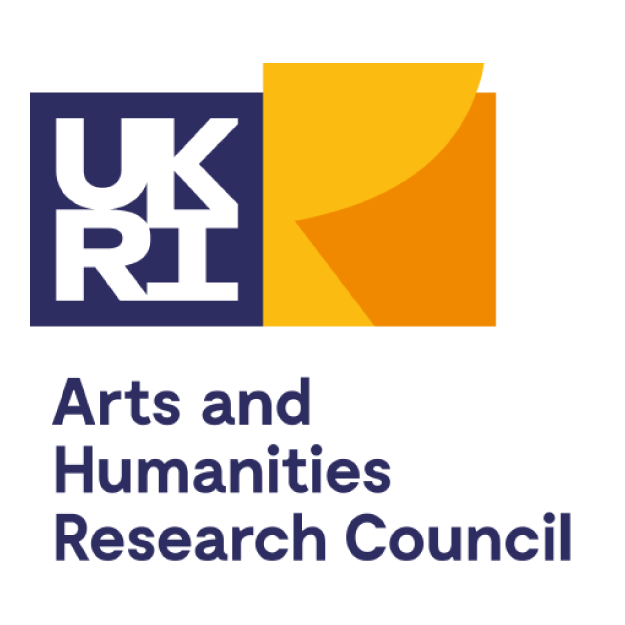- Led by Dr Paula Westenberger, Brunel University London
- Partnered with Royal Botanic Gardens Kew
This fellowship delves into how intellectual property law, particularly copyright, can responsibly advance the use of AI in heritage research. The project promises a wide range of outcomes, including reports, a network, workshops, and publications.
Artificial intelligence (AI) is revolutionising our relationship with cultural heritage in many ways, including enhancing research and management of heritage collections. However, copyright may become an obstacle to such AI deployments in the heritage sector, as copyright protected materials may be used in the process of AI training. This research will therefore investigate how intellectual property (IP) law, particularly copyright, may be interpreted or amended to achieve an appropriate balance between allowing important AI uses in the heritage sector and preserving legitimate interests of creators. There are further socio-ethical concerns on how AI mediated culture is represented, including inherent biases that may be replicated and amplified by AI in this context. Therefore, this project also proposes an investigation on the role that copyright may play in this dimension.
This research thus addresses 3 inter-related Responsible AI challenges:
- the need for clarity on issues of IP law, particularly copyright, arising from gathering, using and sharing materials for AI use in the heritage sector;
- the need to advance heritage sector participation in ongoing policy discussions on AI and IP regulation; and
- the need to investigate the impact of IP law on socio-ethical issues such as AI bias in the context of heritage collections.
The main objectives are:
- identifying current IP challenges and strategies concerning AI use in heritage organisations, disseminating best practice and highlighting issues requiring legal reform;
- engaging the wider heritage sector in policy at a critical time for AI and IP legislation and gathering sector-specific evidence; and
- examining how copyright impacts socio-ethical issues of AI, such as bias, by exploring the intersection between IP, human rights, AI and heritage disciplines.
This project aims to understand how IP law and practice, particularly copyright, can responsibly advance the socio-cultural benefits of AI in the heritage sector, while protecting legitimate interests of creators and addressing broader socio-ethical issues, such as bias. The research will also consider human rights, including the right to participate in cultural life, which protects collective interests relating to access to culture and participation in cultural policy making, and the moral and material interests of creators. The Fellowship is to be based at the Royal Botanic Gardens Kew, who are increasingly using AI to promote and protect biodiversity. With significant heritage projects and collections, Kew provides rich and diverse case studies for devising responsible approaches for AI uses of these materials in a heritage context





